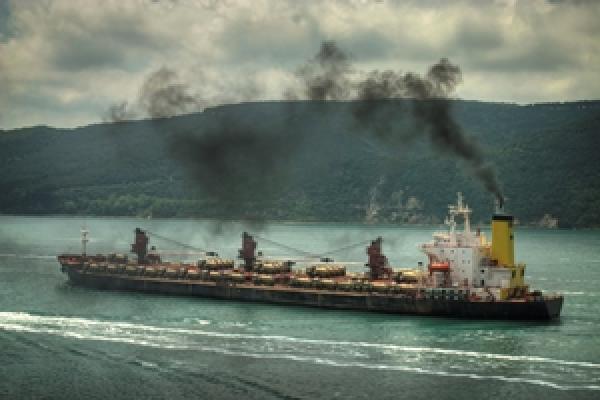
Charles Brown
Published: January 09, 2020

The Sulphur Regulation is now in force. What issues this will give rise to in practice remains to be seen but the Managers will carefully monitor developments and intend to provide ongoing guidance as appropriate to assist Members in addressing these.
One issue that has come to the Club’s attention is a request to an Owner to use non-compliant bunkers due to alleged non-availability of low sulphur fuel against the provision of a letter of indemnity (LOI) from a charterer in respect of any adverse consequences.
The regulation envisages that there may be circumstances where low sulphur fuel may be unavailable. Should such a scenario arise, provision is made for the vessel to issue a fuel non-availability report (FONAR). It is important to note that merely issuing a FONAR does not exempt an Owner from breach of the Regulation. It is merely a factor that the relevant Port State may take into account in deciding whether to proceed against a vessel for non-compliance and/or the nature of any penalty imposed.
There is at present no guidance as to the effect that will be given to FONARs in practice. Non-availability is not defined. It is likely however that the validity of/weight given to a FONAR will be held to be dependent on the reasonableness of the efforts to source compliant bunkers and avoid any breach.
For example, were prudent steps taken to identify bunkering locations at which compliant bunkers ought to have been available in sufficient quantities, having regard to the vessel’s itinerary and estimated consumption? It is unclear to what extent a vessel would be expected to deviate to obtain compliant bunkers and to do so may lead to potential issues in the context of a laden voyage as to whether the deviation was permissible.
If there is MGO on board it is likely that the vessel would be expected to burn this rather than HSFO. The cost of alternative arrangements to avoid the use of non-compliant fuels is unlikely to be accepted as justification for issuing a FONAR and burning HSFO.
Nor is agreeing to do so in return for a LOI from charterers likely to be viewed sympathetically. Were an Owner to agree to such a course effectively it would be intentionally breaching its own legal obligations on the basis that it could transfer the consequences of that breach to its charterer. The latter belief would in any event likely to be misplaced. Under English law at least a LOI responding to an intentional unlawful act is likely to be unenforceable. As explained above issuance of a FONAR does not make use of non-compliant bunkers lawful but at best may mitigate the consequences of doing so.
In addition acceptance of a LOI also involves acceptance of the charterer’s credit risk. A fine in such circumstances may be substantial. It would also be likely to prejudice any Club cover that might otherwise have been available.
It is possible that there may be circumstances where a charterer’s LOI may be enforceable. For example, if there was a genuine issue as to whether bunkers supplied were compliant so that in burning these Owners were acting in a bona fide belief that by doing so they were not breaching the Regulation in fact, even then acceptance of a LOI carries substantial risk.


